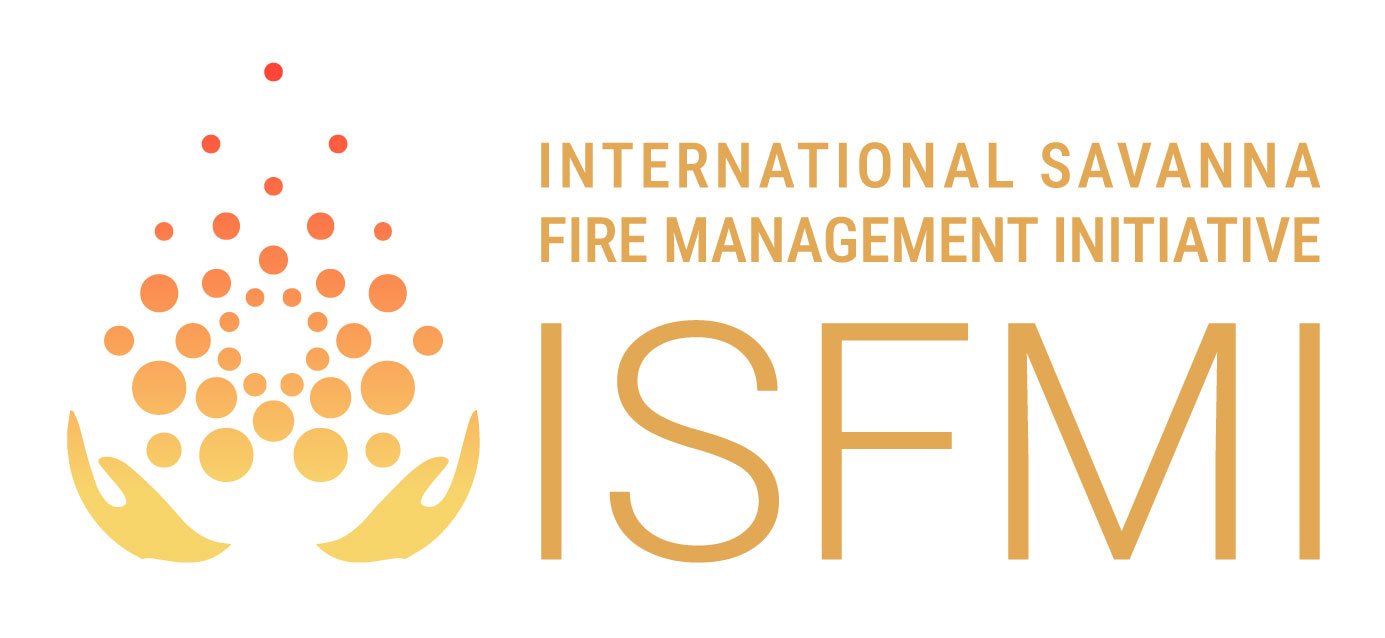Our approach.
Responding to a global crisis.
In the summer of 2019, the attention of the global community focused on the devastating fires in the Amazon. Such fires are a part of a global trend towards an increase in intense and often deliberately lit wildfires.
Not all fires are the same, however. Some ecosystems, such as savanna, burn regularly as part of their natural regenerative cycle. In these landscapes, what determines whether the fire is good or destructive fires are factors including fire intensity, frequency, and area burned.
Intense wildfires come at a significant price for ecosystems, biodiversity, human health, livelihoods and economies. Climate change will increase the severity, incidence and intensity of wildfires in many regions. Never before has there been such an urgent need for more effective fire management worldwide.
The ISFMI is addressing this crisis by working towards revitalising Indigenous fire management - fire management techniques that have been used by Indigenous peoples, over millennia, to manage vast tracts of land around the world.
A World on Fire, Satellite image of August 26 2018. Image courtesy NASA EOSDIS Worldview.
Our history.
Indigenous fire management has been proven to benefit communities, the climate and biodiversity.
The ISFMI is founded on the success of Indigenous Fire Management in Australia. The first phase of the Initiative established global feasibility, and we are now undertaking proof of concept activities towards a global scale up.


